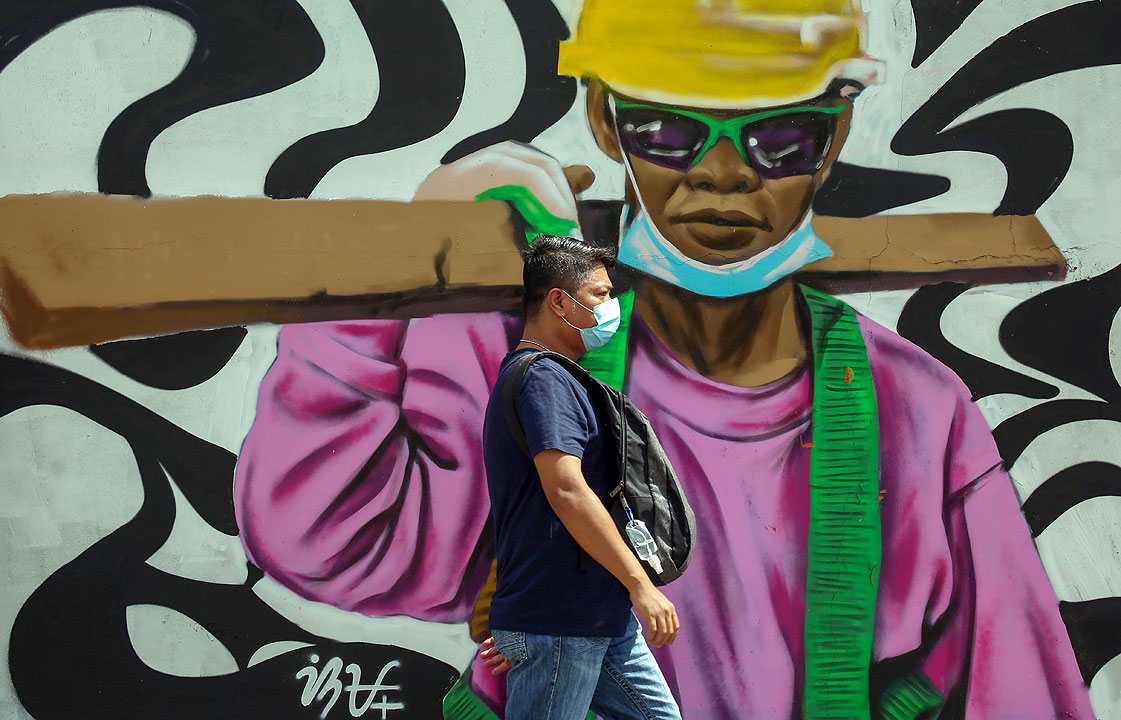MSMEs may struggle to raise wages

By Tobias Jared Tomas
MICRO, SMALL AND MEDIUM enterprises (MSMEs) may face difficulty in complying with the recently approved wage hikes in Metro Manila and Western Visayas as many businesses have yet to fully recover from the pandemic, industry groups said.
Analysts, on the other hand, said the wage hike may cause faster inflation.
“My concern is many MSMEs are having challenges with the present legislated wage, this increase will add burden to their precarious financial condition,” Philippine Chamber of Commerce and Industry (PCCI) President George T. Barcelon said via Viber.
He said this may lead more MSMEs to trim their workforce and raise prices of goods and services.
Many MSMEs, who represent 99% of enterprises in the Philippines, are still struggling to recover from the pandemic.
The Department of Labor and Employment on Saturday approved a P33 increase for the daily minimum wage in Metro Manila and by P55 to P110 for the Western Visayas Region.
The wage hike in Metro Manila will bring the new minimum wage in the capital region to P570 and P533 for workers in non-agricultural and agricultural sectors, respectively. It is expected to cover around one million minimum wage earners.
Meanwhile, P55 and P110 increases in Western Visayas bring the daily minimum wage in the region to P450 for businesses employing more than 10 workers, and P420 for establishments employing 10 or less workers.
Employers Confederation of the Philippines (ECoP) President Sergio R. Ortiz-Luis, Jr. said in a phone call that he hoped micro industries, which are businesses made up of less than 10 employees, would be exempt from the wage hike.
“Many businesses are not opening because of the expected wage increase,” Mr. Ortiz-Luis, Jr. said in mixed Filipino and English. “Larger companies might be able to afford it (wage increase), but micro companies might not.”
Management Association of the Philippines (MAP) President Alfredo E. Pascual said he recognizes the need to raise the minimum wage as prices of basic commodities have continued to rise.
“The increased minimum wages will put more pressure on small businesses, particularly those still in difficulty recovering from the pandemic. The increased wage burden should not result in business closures and job losses,” he said via mobile message, adding that the government may need to assist struggling small businesses in dealing with higher personnel costs.
Federation of Filipino Chinese Chambers of Commerce & Industry, Inc. President Henry Lim Bon Liong said in a DZBB radio interview that they would have to follow the law, but it will be difficult as businesses are still recovering from the lockdowns in the last two years.
“Many establishments and MSMEs are having a hard time, but I think we will try to manage,” he said.
Sought for a comment, Danilo C. Lachica, president of the Semiconductor and Electronics Industries in the Philippines Foundation, Inc., said the industry will follow the law regarding wages.
Labor group Partido Manggagawa (PM) in a statement on Sunday opposed the move of some industry groups to be exempted from the wage hike.
“It is adding insult to injury to workers for the regional wage boards to exempt and defer the wage hike as demanded by employers,” PM Chairman Rene Magtubo was quoted as saying. “The minimum wage increases are not even enough to recover the value lost to inflation for the past three years. If the hikes are deferred and employers exempted, then the most vulnerable workers are left with nothing.”
PM earlier called for a P100 minimum wage hike.
PM said that a P33 increase for MSMEs with 10 workers would only incur an additional P8,580 in monthly labor expenses, a mere 0.3% of their P3-million asset size.
“This will definitely not bankrupt an MSME. But a lack of market because of low consumption will kill an MSME,” Mr. Magtubo said.
The Trade Union Congress of the Philippines said the wage increases granted by the NCR and Region 6 wage boards are “too small.”
“Such increases are too small and too insignificant which have no impact on improving the economic situation of workers and their families given the nonstop increases in prices of food and services,” it said. “The wage boards did not reckon with April inflation of 4.9% and the projected inflation of 5.5% come June.”
INFLATION IMPACT
Bangko Sentral ng Pilipinas Governor Benjamin E. Diokno said in a Viber message that the Monetary Board will consider the wage hike in its policy meeting on Thursday.
He earlier said they will continue to monitor second-round effects that may be reflected by wage and transport fare hikes.
“Let’s expect more upward pressure on inflation. These are clear second-round effects at work,” UnionBank of the Philippines, Inc. Chief Economist Ruben Carlo O. Asuncion said in a Viber message.
“For this year, we are already expecting an inflation average for 2022 of 4.7%. So, reaching the target of 2-4% is out of the question and puts hiking key interest rates as paramount for the BSP,” he added.
Rizal Commercial Banking Corp. Chief Economist Michael L. Ricafort said wage hikes could mean inflation estimates will be raised further.
“This could lay the groundwork in justifying any possible hike in local policy rates, after the stronger-than-expected gross domestic product data that suggests that the local economy is relatively stronger enough to weather any further policy rate hikes,” Mr. Ricafort said in a Viber message.
The BSP increased its inflation estimate for 2022 to 4.3% in March, citing the impact of the war in Ukraine to oil and commodity prices. However, it kept rates steady at that meeting as it stressed the need to continue supporting the recovering economy. — with Luz Wendy T. Noble and Kyle Aristophere T. Atienza



